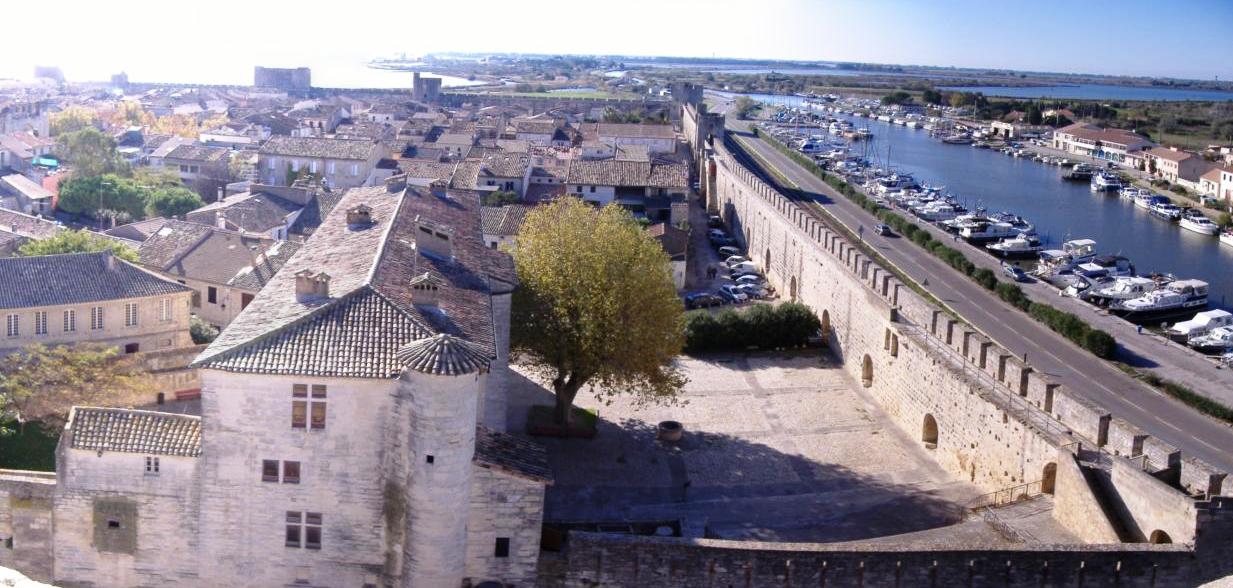That’s the cheesy title of what should be a fascinating National Geographic documentary on a subject that we’ve covered here a number of times: the idea that the Amazon was once thickly settled. If anyone sees it, do let us know what it’s like.
2nd World Congress of Agroforestry – 3rd Announcement
This just in.
Theme: “Agroforestry – The Future of Global Land Useâ€
The Congress will assess opportunities to leverage scientific agroforestry in promoting sustainable land use worldwide. It will also serve as a forum for agroforestry researchers, educators, practitioners and policy makers from around the world to:
- share new research findings, lessons, experiences, and ideas that will help influence decisions that impact on livelihoods and the global environment
- explore new opportunities and strengthen existing partnerships in agroforestry research, education, training, and development
- form new networks and communities of practice, and nurture old ones
Agrobiodiversity tourism alive and well in South of France
I’ve been in Montpellier for the past few days attending what is actually quite an interesting conference, which is just as well because we’re out in a pretty uninteresting suburb. We did get a day off on Saturday, but otherwise we haven’t had much free time. A pity, because perusing the little pamphlets describing different local tourist attractions that one finds scattered around the hotel reveals at least three with interesting agricultural biodiversity angles.
One is a boat tour around the Isles de Stel in the Camargue: salt works, horses, bulls, rice fields, local food, the lot. Plus it starts from the fascinating medieval town of Aigues-Mortes. ((Which was the destination of our field trip on Saturday, and the subject of my autostitched photo. Well worth a visit.))

Or you can visit a buffalo reserve near Sainte-Eulalie. This seems to refer to the wisent, saved from extinction by captive breeding in Poland.
And, finally, there’s La Bambouseraie, near Anduze. It’s a botanic garden, resource centre and nursery dedicated to bamboos that was established in 1856 by Eugène Mazel.
Mazel had made a fortune in trading with spices he directly imported from Asia. This activity allowed him to have plants, practically unknown in Europe at that time, sent to him from these distant countries.
Too bad I’m stuck in this hotel. Although, what with the Air France strike and all, I might get the chance for some sightseeing after all.
Nibbles: Sturgeon, UK, Goats, Bees
- North America’s largest freshwater fish saved from extinction.
- 10 years ago, Britain’s National Trust turned “its biggest managed farm into a gigantic experiment as an antidote to intensive farming” in Snowdonia.
- The origin of the goat investigated.
- Tracking bees.
Who Owns Nature?
There is a new report, “Who Owns Nature? Corporate Power and the Final Frontier in the Commodification of Life” from the ETC group.
It talks of corporate concentration in:
- farm input (from thousands of seed companies and public breeding institutions three decades ago, 10 companies now control more than two-thirds of global proprietary seed sales);
- food output (supermarkets);
- pharmaceuticals; and
- the New Post-Petroleum sugar industry (“the so-called ‘sugar economy’ will be the catalyst for a corporate grab on all plant matter –- and destruction of biodiversity on a massive scale”).
Their (not so new) bottom line on seeds:
So-called climate-ready genes are a false solution to climate change. Patented gene technologies will not help small farmers survive climate change, but they will concentrate corporate power, drive up costs, inhibit public sector research and further undermine the rights of farmers to save and exchange seeds.